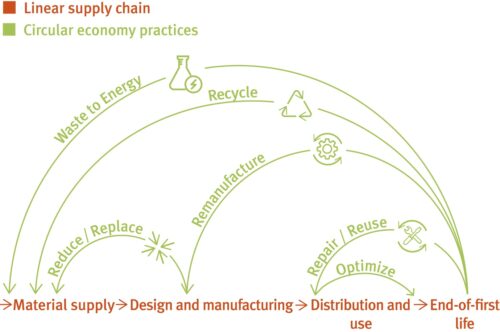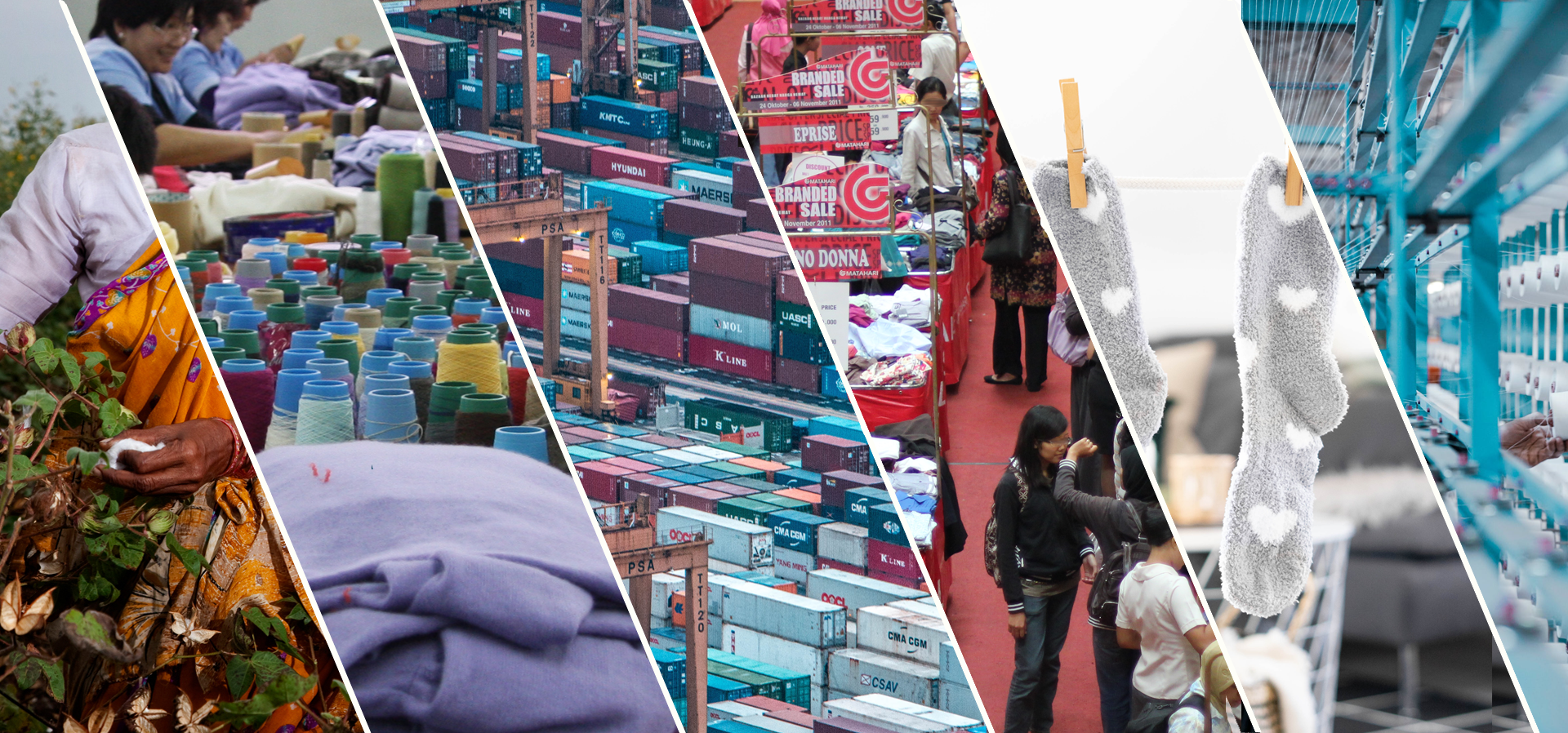Exemplifying the international dimension of the new EU Circular Economy Action Plan, the Commission launched the “SWITCH to Circular Economy Value Chains” project, to support partnerships improving circularity across global value chains.
Circular economy requires coherent practices by all actors across value chains, notably multinational companies (MNCs) and their suppliers, consumers, and financial and government institutions. Close cooperation is needed for MNCs and Small and Medium Enterprise (SME) suppliers in developing countries to meet global circularity goals. The new “SWITCH to Circular Economy Value Chains” project was designed to accelerate the uptake of circular practises by both improving the business environment and targeting value chain actors in selected countries. The overall objective of the action is to support the circular economy transition, thereby contributing to sustainable growth, low carbon and climate resilient development, decent jobs’ creation, and safer, healthier and pollution-free environment.

Lower tier suppliers in developing countries often lack expertise, or face significant technical and financial challenges in adopting new circular economy practices. By developing the capacity of business service providers, the project aims at ensuring ongoing support for SMEs in the implementation of circular economy practices. Working in partnership, value chain actors can improve the circularity of their products. The project will be implemented by a Partnership comprising UNIDO (as lead), the European Investment Bank, Circle Economy and the Royal Institute of International Affairs (Chatham House).
From research and development, to design and material selection, and from manufacturing, transport and distribution, to usage and end-of-life management, multinationals leading global value chains have influence over their products. Building on this leverage, the project will use MNC-led pilots in selected value chains to demonstrate how MSMEs can be empowered to implement circular economy practices in developing countries. By encouraging collaboration platforms for multinationals and their lower tier suppliers, the project also enables sharing of experience and best practices.
In parallel, the project will develop and disseminate knowledge on circular economy opportunities and facilitate dialogue and networking in target value chains. Advocacy with and support to financial institutions will facilitate the development of financial products aimed at investments in circularity. SWITCH to Circular Economy Value Chains will have a five-year duration.
